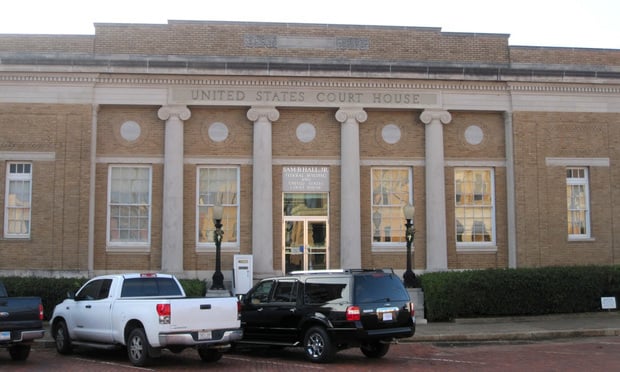After the Supreme Court drastically altered patent venue law last year, plaintiffs are scrambling for ways to keep suing corporate defendants in perceived plaintiff-friendly forums, such as the Eastern District of Texas.
After a quarter-century in which patent plaintiffs could sue a defendant anywhere it is subject to personal jurisdiction, the Supreme Court has narrowed the venue options for a corporate patent defendant to either the state of incorporation or “where the defendant has committed acts of infringement and has a regular and established place of business.” TC Heartland v. Kraft Foods Grp. Brands, 137 S. Ct. 1514, 1517 (2017). The Federal Circuit then clarified the requirements for where the defendant “has a regular and established place of business”: “(1) there must be a physical place in the district; (2) it must be a regular and established place of business; and (3) it must be the place of the defendant.” In re Cray, 871 F.3d 1355, 1362 (Fed. Cir. 2017). Because many corporate defendants do not have regular and established places of business in traditional hotbeds of patent suits (such as the Eastern District of Texas), district courts in recent months have transferred dozens of cases on these grounds.
This content has been archived. It is available through our partners, LexisNexis® and Bloomberg Law.
To view this content, please continue to their sites.
Not a Lexis Subscriber?
Subscribe Now
Not a Bloomberg Law Subscriber?
Subscribe Now
LexisNexis® and Bloomberg Law are third party online distributors of the broad collection of current and archived versions of ALM's legal news publications. LexisNexis® and Bloomberg Law customers are able to access and use ALM's content, including content from the National Law Journal, The American Lawyer, Legaltech News, The New York Law Journal, and Corporate Counsel, as well as other sources of legal information.
For questions call 1-877-256-2472 or contact us at [email protected]


 Sam B. Hall Jr. U.S. Courthouse in Marshall, Texas/Photo courtesy of Billy Hathorn via Wikimedia Commons
Sam B. Hall Jr. U.S. Courthouse in Marshall, Texas/Photo courtesy of Billy Hathorn via Wikimedia Commons




